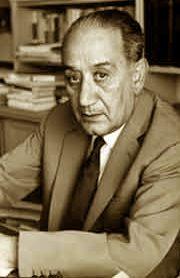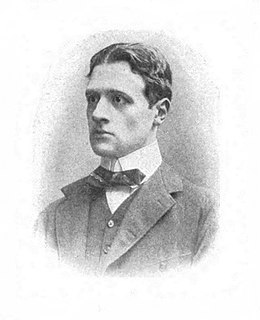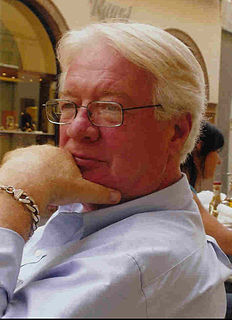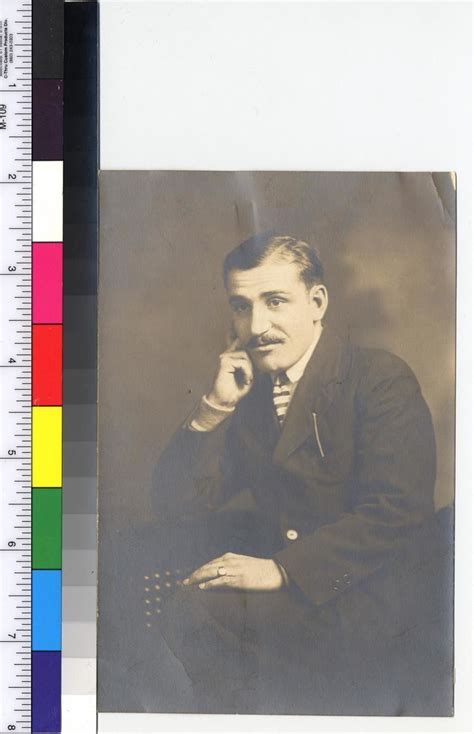A Quote by Jean-Jacques Rousseau
Equality is deemed by many a mere speculative chimera, which can never be reduced to practice. But if the abuse is inevitable, does it follow that we ought not to try at least to mitigate it? It is precisely because the force of things tends always to destroy equality that the force of the legislature must always tend to maintain it.
Related Quotes
Love will never be anywhere except where equality and unity are..... And there can be no love where love does not find equality or is not busy creating equality. Nor is there any pleasure without equality. Practice equality in human society. Learn to love, esteem, consider all people like yourself. What happens to another, be it bad or good, pain or joy, ought to be as if it happened to you.
A society that puts equality — in the sense of equality of outcome — ahead of freedom will end up with neither equality nor freedom. The use of force to achieve equality will destroy freedom, and the force, introduced for good purposes, will end up in the hands of people who use it to promote their own interests.
A society that puts equality - in the sense of equality of outcome - ahead of freedom will end up with neither equality or freedom. The use of force to achieve equality will destroy freedom. On the other hand, a society that puts freedom first will, as a happy by-product, end up with both greater freedom and greater equality. Freedom means diversity but also mobility. It preserves the opportunity for today's less well off to become tomorrow's rich, and in the process, enables almost everyone, from top to bottom, to enjoy a richer and fuller life.
The idea of equality is a by-product of the sentiment of envy. Since it must always prove beyond human ower to raise the inferior mass to a superior stratum, apostles of equality must ever be inferiors seeking to reduce their betters to their level. It follows that a nation that once admits this doctrine of equality will be dragged by it to the level, moral, intelletual and political, of its most worthless class.
The libertarian approach is a very symmetrical one: the non-aggression principle does not rule out force, but only the initiation of force. In other words, you are permitted to use force only in response to some else's use of force. If they do not use force you may not use force yourself. There is a symmetry here: force for force, but no force if no force was used.
There is, in fact, a manly and lawful passion for equality which excites men to wish all to be powerful and honored. This passion tends to elevate the humble to the rank of the great; but there exists also in the human heart a depraved taste for equality, which impels the weak to attempt to lower the powerful to their own level, and reduces men to prefer equality in slavery to inequality with freedom.
There is in fact a manly and legitimate passion for equality that spurs all men to wish to be strong and esteemed. This passion tends to elevate the lesser to the rank of the greater. But one also finds in the human heart a depraved taste for equality, which impels the weak to want to bring the strong down to their level, and which reduces men to preferring equality in servitude to inequality in freedom.
If welfare and equality are to be primary aims of law, some people must necessarily possess a greater power of coercion in order to force redistribution of material goods. Political power alone should be equal among human beings; yet striving for other kinds of equality absolutely requires political inequality.
In a world where inequality of ability is inevitable, anarchists do not sanction any attempt to produce equality by artificial or authoritarian means. The only equality they posit and will strive their utmost to defend is the equality of opportunity. This necessitates the maximum amount of freedom for each individual. This will not necessarily result in equality of incomes or wealth but will result in returns proportionate to service rendered.
Whoever relies on the Tao in governing men doesn't try to force issues or defeat enemies by force of arms. For every force there is a counterforce. Violence, even well intentioned, always rebounds upon oneself. The Master does his job and then stops. He understands that the universe is forever out of control, and that trying to dominate events goes against the current of the Tao. Because he believes in himself, he doesn't try to convince others. Because he is content with himself, he doesn't need others' approval. Because he accepts himself, the whole world accepts him.






































